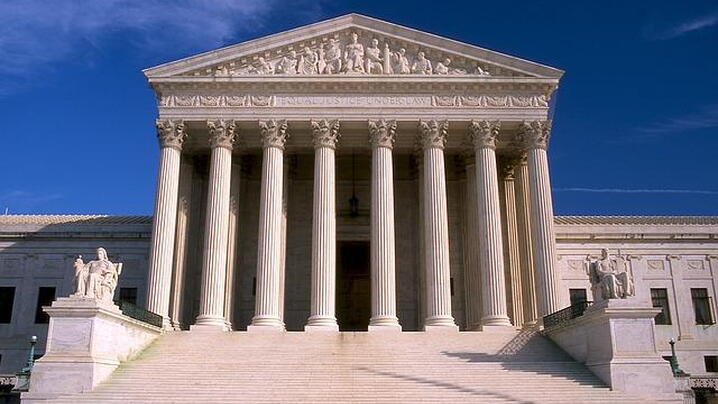
By Lisa Soronen, executive director, State and Local Legal Center
State-action immunity provides states and, in some instances, local governments immunity from federal antitrust liability. In Salt River Project Agricultural Improvement and Power District v. SolarCity, the Supreme Court will decide if a lower court’s refusal to rule state-action immunity applies to a particular entity and may be appealed immediately or only after the case is fully litigated.
SolarCity sells and leases rooftop solar-energy panels. The Salt River Power District, a political subdivision of the state of Arizona, is the only traditional supplier of power near where many SolarCity customers and prospective customers live.
SolarCity claims that in order to prevent it from installing more panels, the Power District introduced a new pricing structure. Now if a customer obtains power from the customer's own system, he or she must pay a “prohibitively large penalty.”
SolarCity sued the Power District, claiming it violated federal antitrust law. The Power District argued that it is immune from federal antitrust liability per the state-action doctrine.
The federal district court denied the Power District’s motion to dismiss the lawsuit “citing uncertainties about the specifics of the Power District’s state-law authority and business.” The Power District sought to immediately appeal the district court’s denial of state-action immunity.
Generally, only final decisions of lower courts may be appealed. Here, the district court’s denial of Power District’s motion to dismiss isn’t final because the case isn’t over; however, the collateral-order doctrine allows non-final judgments to be appealed in some instances.
The Ninth Circuit held that the collateral-order doctrine does not apply to orders denying public entities state-action immunity. The Supreme Court has only allowed interlocutory (immediate) appeals for denial of immunities from lawsuits (as opposed to immunities from liability), including 11th Amendment immunity, absolute immunity, and qualified immunity. This is because “[u]nlike immunity from suit, immunity from liability can be protected by a post-judgment appeal.” The Supreme Court has described state-action immunity as an immunity from liability.
In most antitrust cases involving public entities, a question will arise as to whether state-action immunity applies. It would be cheaper and less time consuming for state and local governments if that question could be resolved sooner rather than later in the litigation.
New, Reduced Membership Dues
A new, reduced dues rate is available for CAOs/ACAOs, along with additional discounts for those in smaller communities, has been implemented. Learn more and be sure to join or renew today!
